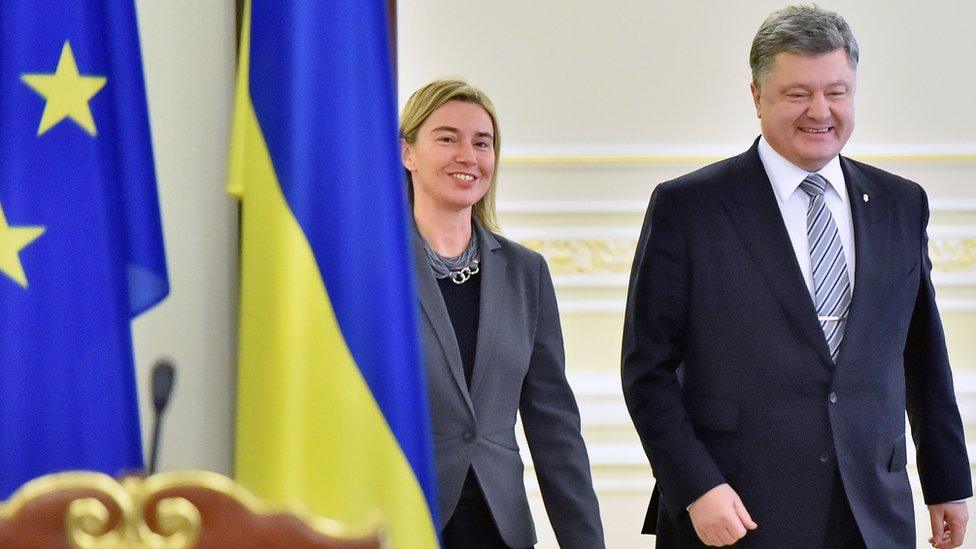Dutch to hold stormy referendum on EU-Ukraine deal
- Published
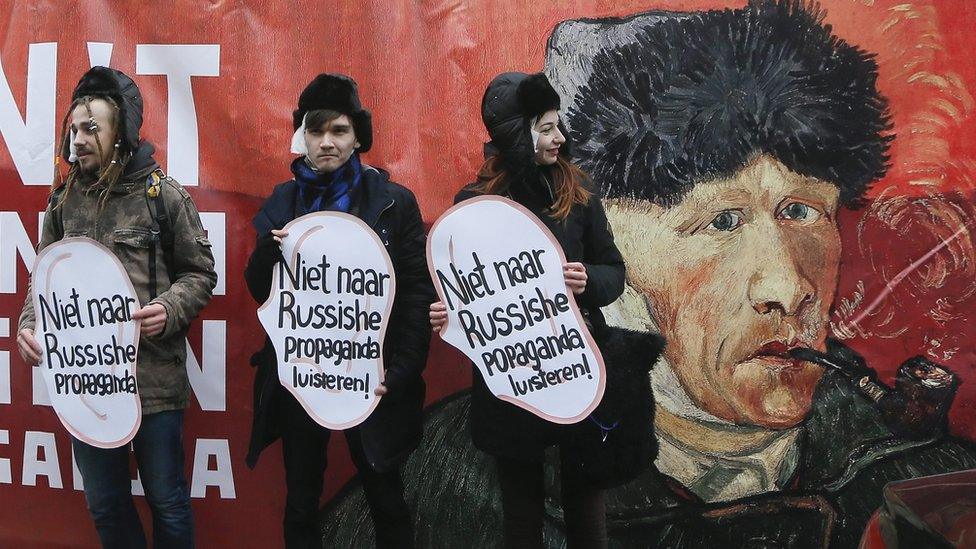
Ukrainians in Kiev urged the Dutch not to listen to "Russian propaganda" - using the famous image of Van Gogh with bandaged ear
The Netherlands will hold a controversial referendum next month on the EU's new partnership with Ukraine.
The Dutch parliament has already backed the EU association agreement with Ukraine, a landmark integration pact that removes trade barriers.
But Eurosceptic activists succeeded in triggering a referendum after securing about 450,000 signatures in support of their citizens' initiative.
The European Commission President, Jean-Claude Juncker, has warned that a No vote could lead to a "continental crisis".
The UK referendum campaign is now in full swing, ahead of the British in-out vote in June on whether to stay in the EU. It has totally overshadowed the Dutch referendum.
But the geopolitical stakes are high in the EU agreement with Ukraine. , externalThe ultimate aim is to integrate the ex-Soviet republic into the EU's internal market - and Russia is hostile to it.
Supporters see it as a key step to draw Ukraine out of Russia's orbit but Eurosceptics say it goes too far, too fast.
Under a new Dutch law, more than 300,000 signatures are required to secure a referendum. Once the signatures have been verified, the vote must be held within six months.
Next month's vote is the first under the new law, which was designed to improve Dutch democracy by giving citizens a bigger say.
Chance to protest
A leading No campaigner, Thierry Baudet, said: "This is a chance to say we're here too, the most important thing is to finally give the Dutch people a vote on the continuous expansion and increase of powers of the European Union."
He accused the EU of "reckless geopolitical moves".
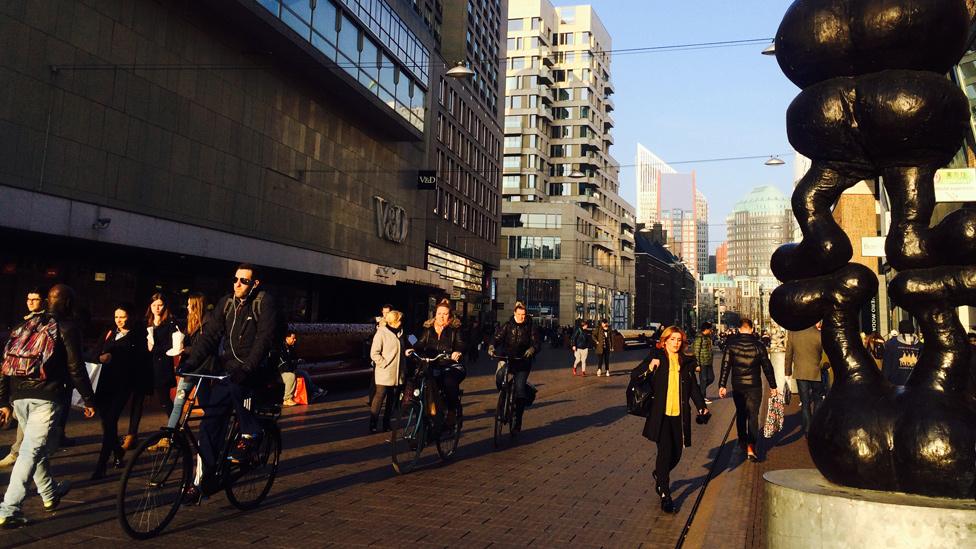
The Hague: Dutch voters face an unusual test of opinion on the EU
An association agreement must be ratified by all EU member states. So could a No vote by the Dutch block the deal?
Tony van der Togt of the Clingendael Institute, a Dutch foreign affairs think-tank, said a No would mean "uncharted waters" - even though the referendum is not legally binding.
A big rejection of the agreement would oblige the government to resubmit it to parliament for approval, he said.
But a low turnout would make it easier for politicians to dismiss the result.
Andre Krouwel, a political scientist at VU Free University in Amsterdam, said Commission President Juncker's warning was counter-productive.
"He's telling people who want to vote against, 'If you get a majority then you create a crisis' - and that's exactly what the anti-European camp wants."
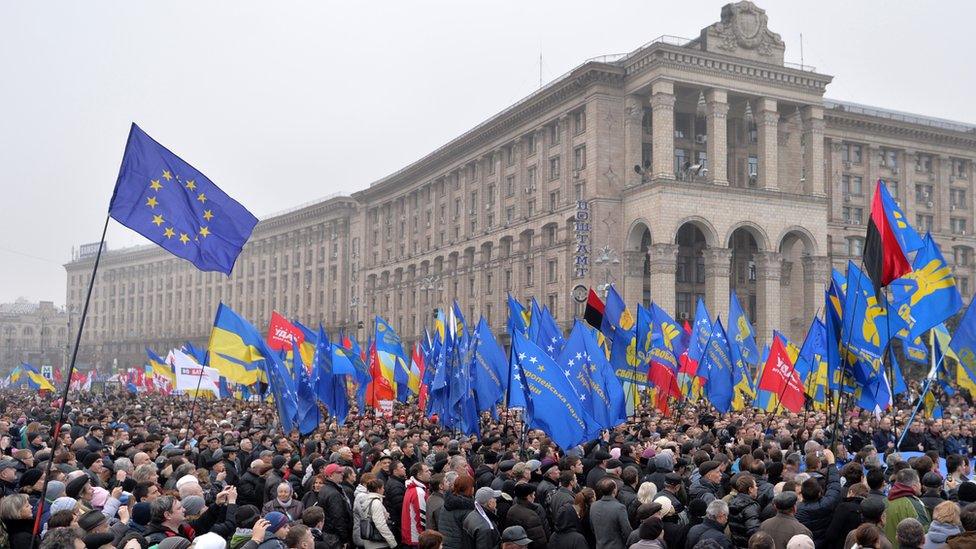
Kiev, 2013: The demand for close ties with the EU was at the heart of the Ukraine crisis
Confusing message?
The referendum comes at a time of voter frustration. With the migrant crisis and economic uncertainty, people are increasingly questioning the EU's ability to provide security and stability.
The vote is being seen as a litmus test of public opinion.
According to Mr Krouwel, the Eurosceptics are abusing the referendum process.
"They're increasing our ignorance because they're not talking about what really should be decided," he complained.
"If people want to get out of the EU, let's ask them that. With this referendum, people will not know what it means."
And Russia is already a factor in this vote.
Many of those in favour of the Ukraine deal say a vote against it will throw Russian President Vladimir Putin a propaganda victory.
MH17 tragedy
In a jazz bar in the north of Amsterdam, newspaper columnist Bert Lanting showed me a big feature with a photo of the mangled wreckage of Malaysia Airlines Flight MH17.
He said he had received hate mail after writing an article accusing the Eurosceptics of taking Russia's side.
"It's true," he said. "If you're saying No to the [Ukraine] treaty you're supporting the people who downed flight MH17."
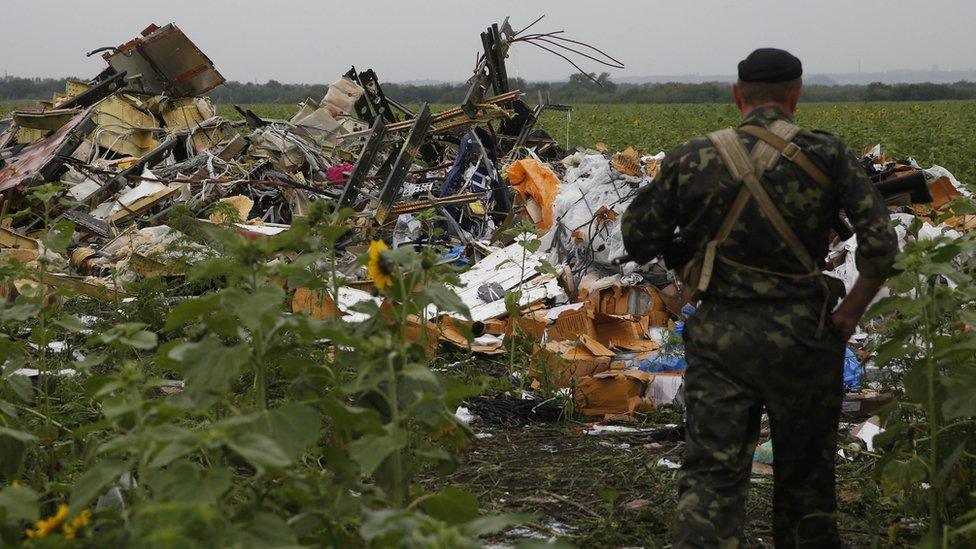
Flight MH17 disintegrated over rebel-held territory in eastern Ukraine in July 2014
The Netherlands suffered the most deaths - 193 - when the passenger jet was shot out of the sky over rebel-held eastern Ukraine in July 2014. Many of the 298 victims' families blame President Putin.
The West and Ukraine say Russian-backed rebels brought down the Boeing 777 but Russia blames Ukrainian forces.
"Most people in Ukraine, they supported this treaty," Lanting said. "Who are we [the Dutch] to say you can't decide on your own future?"
Despite the high stakes, many Dutch citizens have no idea they are being asked to vote on this issue.
In a small, unscientific survey on Grote Markt Street in The Hague, I asked shoppers if they were aware of the referendum. They responded with shrugs and blank stares.
According to an Ipsos poll released this week, 27% of Dutch voters are completely unaware of the referendum.
Turnout must exceed 30% for it to be officially valid. The immediate challenge will be to convince the Dutch public that this is an issue worth voting on.
- Published24 February 2016
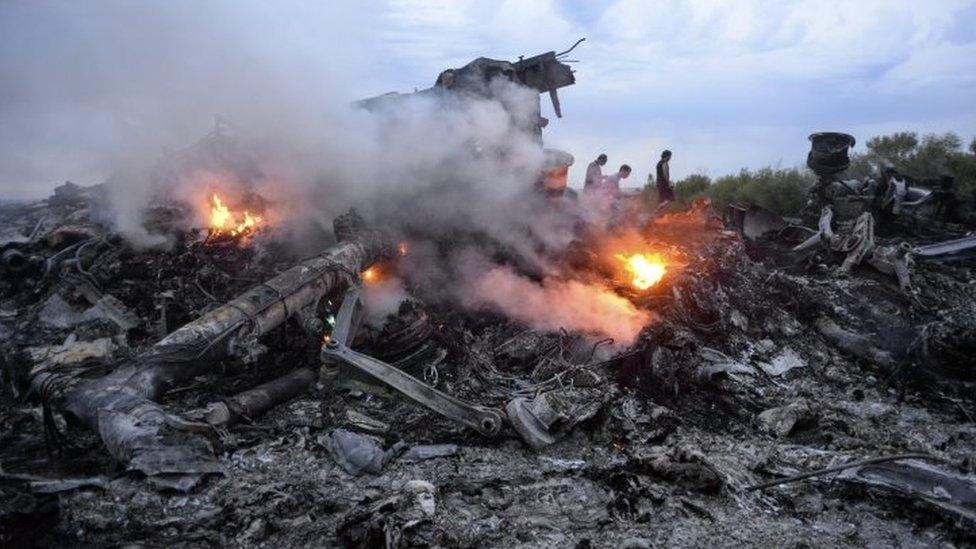
- Published26 February 2020
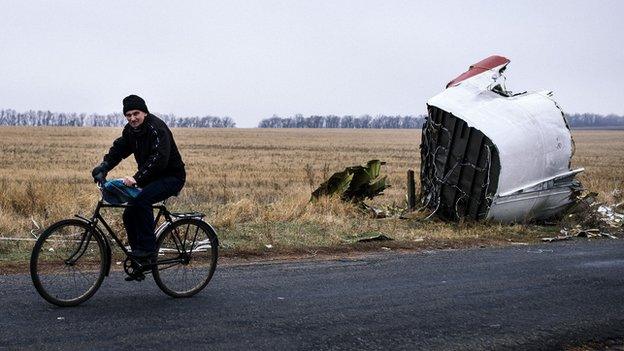
- Published21 December 2015
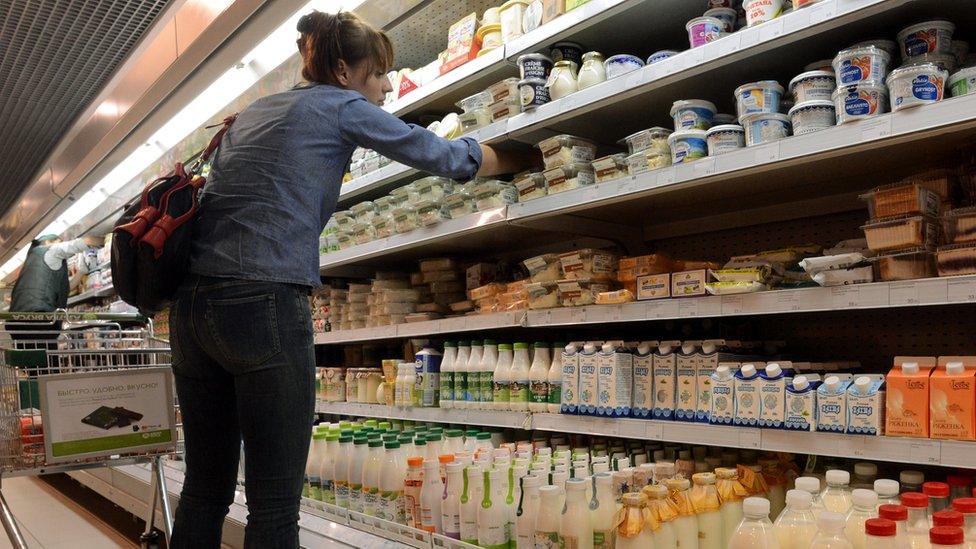
- Published17 November 2015
